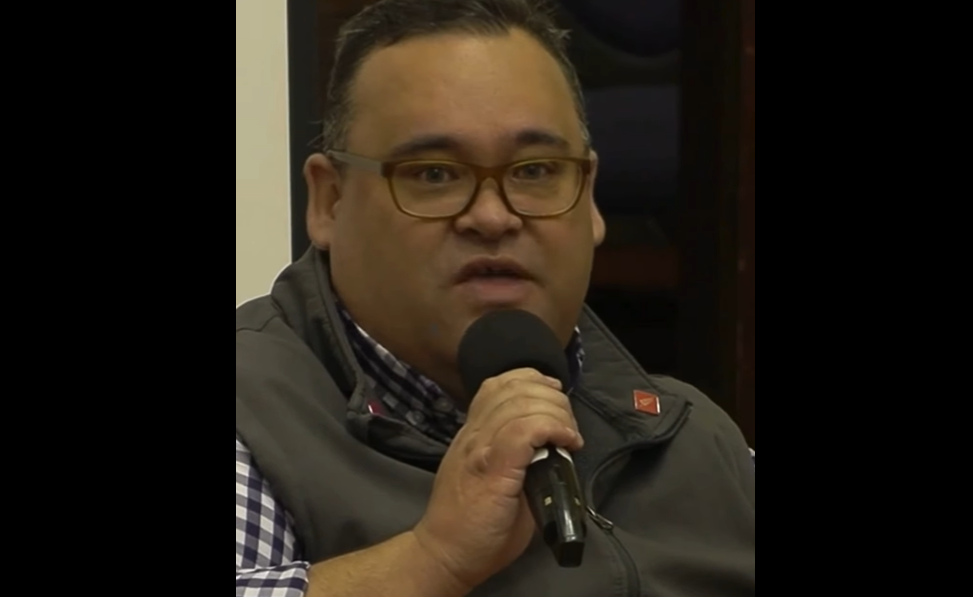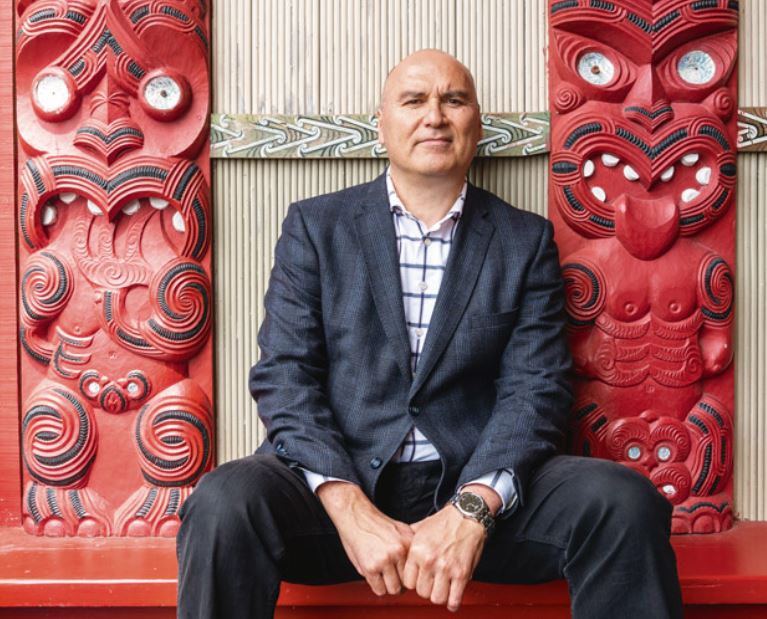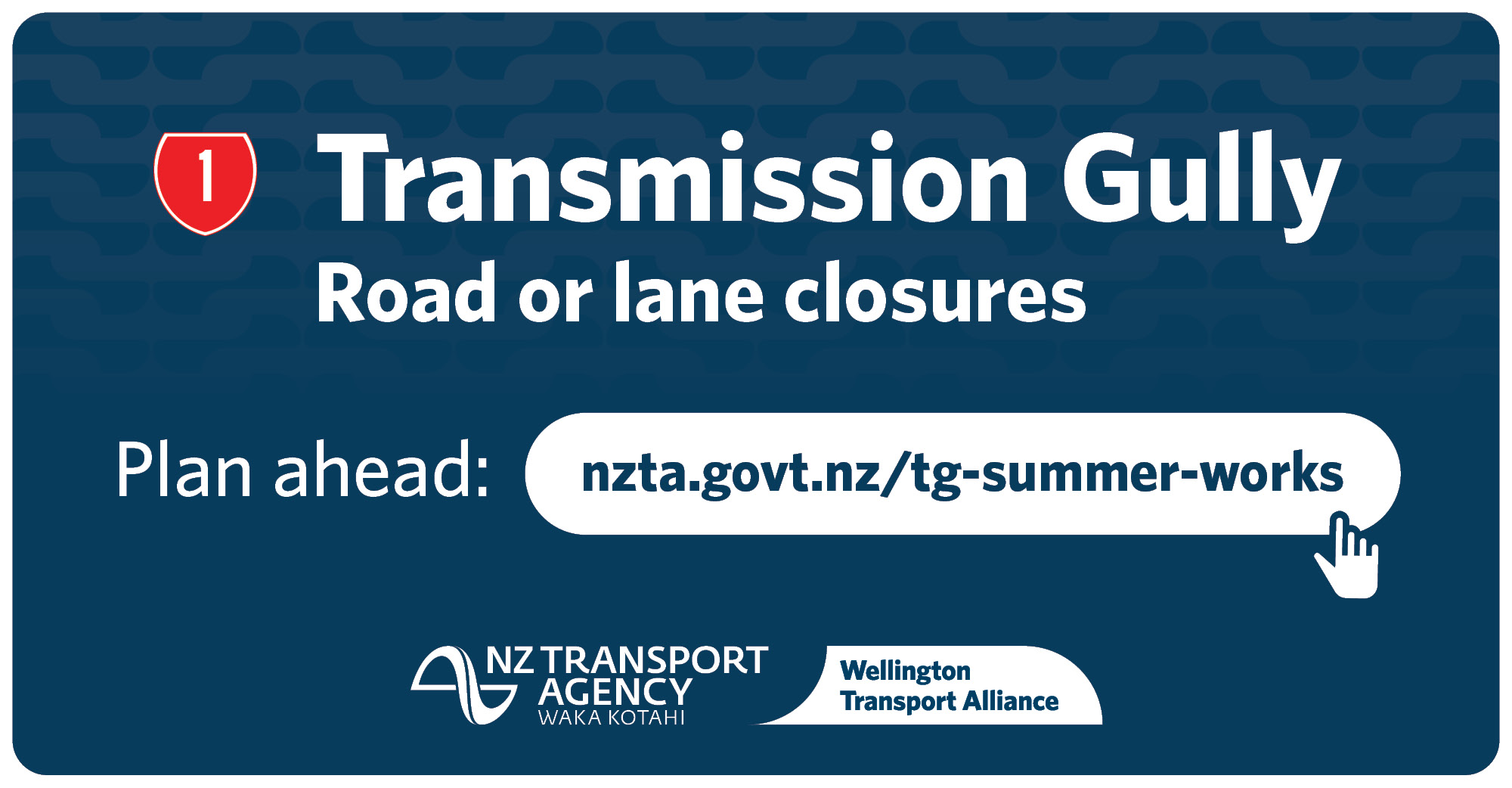
Porirua leaders and community service providers are sounding the alarm over Budget 2025, warning that key funding cuts are worsening food insecurity, housing pressure, and inequality – especially for women and vulnerable whānau.
The Budget, presented by Finance Minister Nicola Willis, outlines $12.8 billion in savings through the cancellation of 33 pay equity claims and reduced KiwiSaver contributions. While pitched as a path to surplus by 2029, critics argue the cuts disproportionately harm low-income families.
Geoff Hayward, local Councillor for the Onepoto ward, didn’t hold back in his response to Budget 2025. “This ain’t about numbers on a spreadsheet. This is about the value we place on the work that holds our communities together,” Hayward said. “In Porirua, a lot of that work is done by women, especially Māori and Pasifika women… To silence their calls for fair pay is not just a policy choice, it’s a breach of kotahitanga, of fairness, of basic dignity.”

Barbara Edmonds, Labour’s finance spokesperson and Mana MP, accused the government of making women shoulder the cost.
“We’re off to challenge National as they deliver their Budget which women are paying for,” Edmonds said Budget day.

Her comments echo Labour leader Chris Hipkins, who pledged to reverse the pay equity cuts and condemned other decisions – like axing Best Start payments for new mums and dismantling parts of Whānau Ora.

In Porirua, the effects are already being felt. Steve Johnson, general manager of Te Roopu Āwhina, said demand for emergency food, housing, and mental health support is surging.
“There’s real pressure on our households, and that in turn puts pressure on services such as ours,” Johnson said. “We’re seeing tamariki missing meals so parents can pay rent. Housing is overcrowded, damp, and unsafe.”

Te Roopu Āwhina, run by Te Rūnanga o Toa Rangatira, operates a foodbank and other essential services across Porirua. Johnson praised partners like New World Tawa and the Ministry of Social Development but criticised the instability caused by short-term funding.
“Our kaimahi are doing amazing mahi but are constantly having to stretch limited resources. Whānau want support that restores their mana – not just quick fixes.”
Meanwhile, major changes to Whānau Ora have sparked fears of job losses and service disruption. Long-standing commissioning agencies are being replaced under a new model from Te Puni Kōkiri.
Helmut Modlik, chief executive of Te Rūnanga o Toa Rangatira, which will take over commissioning for the central region, called it a “destruction of Whānau Ora by stealth.”

“Well-being isn’t just about health or housing – it’s a deeply personal, spiritual journey,” Modlik said. “We honour the kaimahi whose roles are impacted, but this transition must not lose sight of whānau needs.”
The government also announced a $190 million Social Investment Fund, part of a broader $275 million initiative over four years. But for providers nationally say it’s not enough to meet the growing demand.
Economists note the Budget’s path to surplus is driven by hard trade-offs. Critics argue these trade-offs come at the expense of the country’s most vulnerable.
As Johnson put it: “We support our people not just to survive, but to thrive. This Budget makes that mission a whole lot harder.”



















































